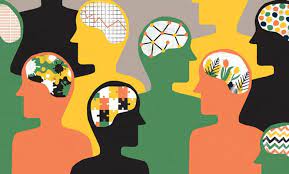What is the Knowledge Economy?
The knowledge economy is focused on the essential importance of human capital in the 21st-century economy. The rapid expansion of knowledge and the increasing reliance on computerization, big data analytics, and automation are changing the economy of the developed world to one that is more dependent on intellectual capital and skills, and less dependent on the production process.
The term “knowledge economy” was popularized by famed business management consultant, Peter Drucker, first in his 1966 book, “The Effective Executive,” and then further in his 1969 book, “The Age of Discontinuity.” Drucker was well ahead of his time with his emphasis on knowledge/skills, data analysis and measurable performance, and strategic management by objectives (MBO).
Summary
- The knowledge economy, which is the primary economy among developed nations, is an economy dependent on human capital and intangible assets, such as proprietary technology.
- The knowledge economy has placed the IT/ICT industries at the forefront of overall economic growth.
- Skill sets that include data analysis, creating and working with financial models, and the ability to innovate are highly sought after in the modern economy.
